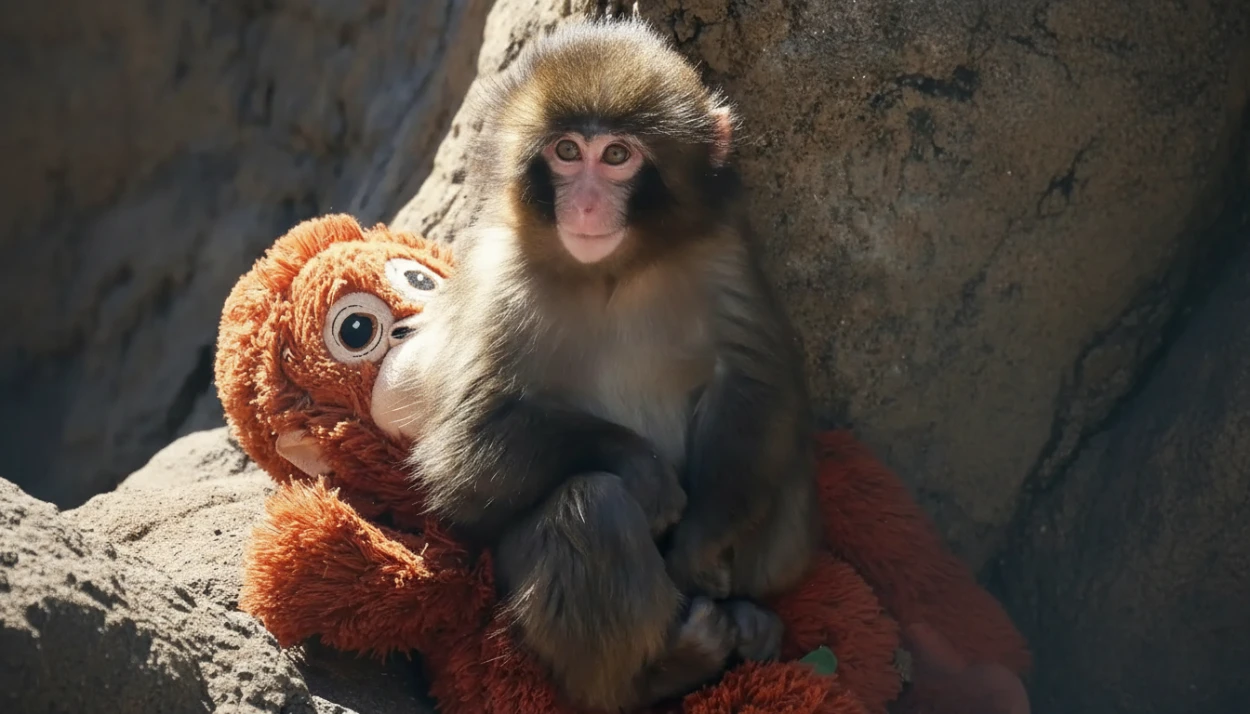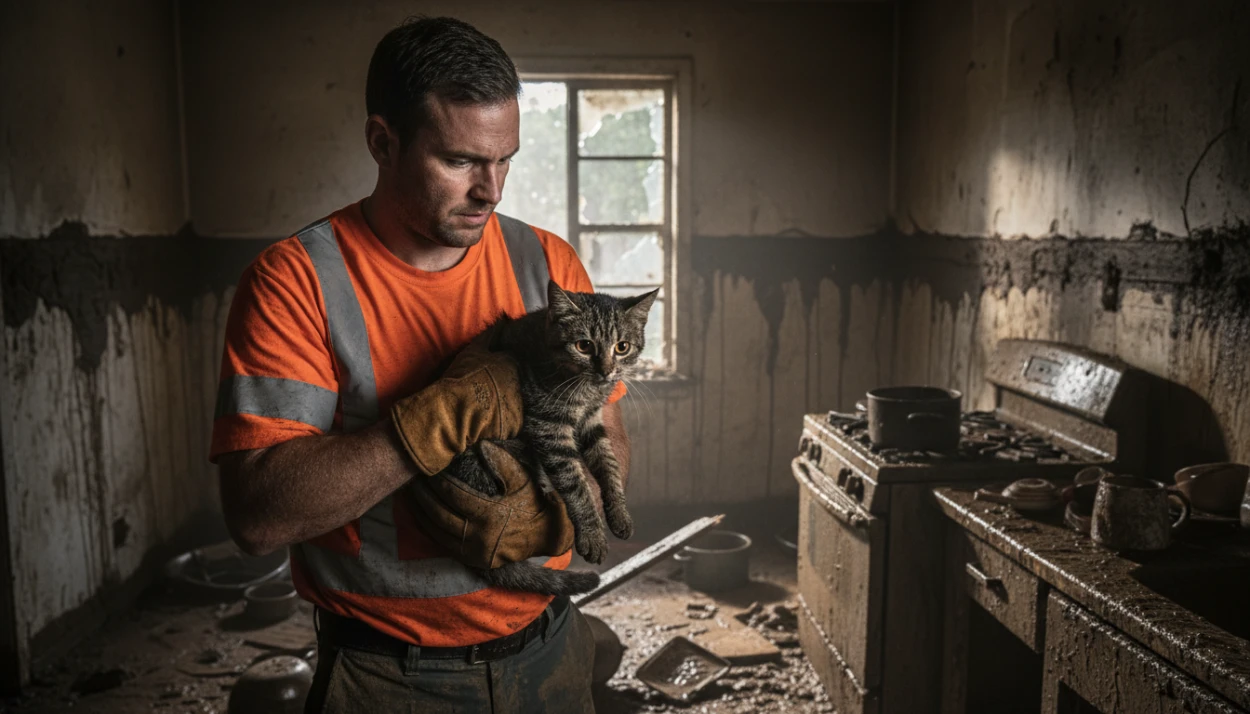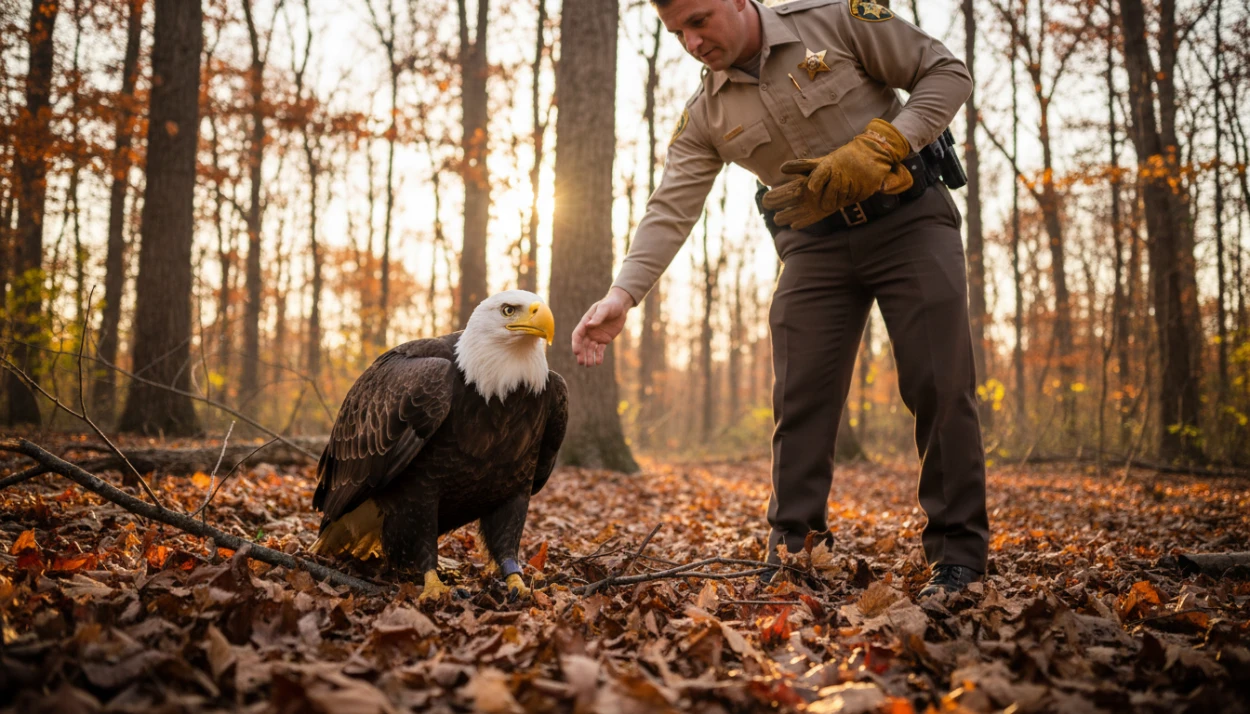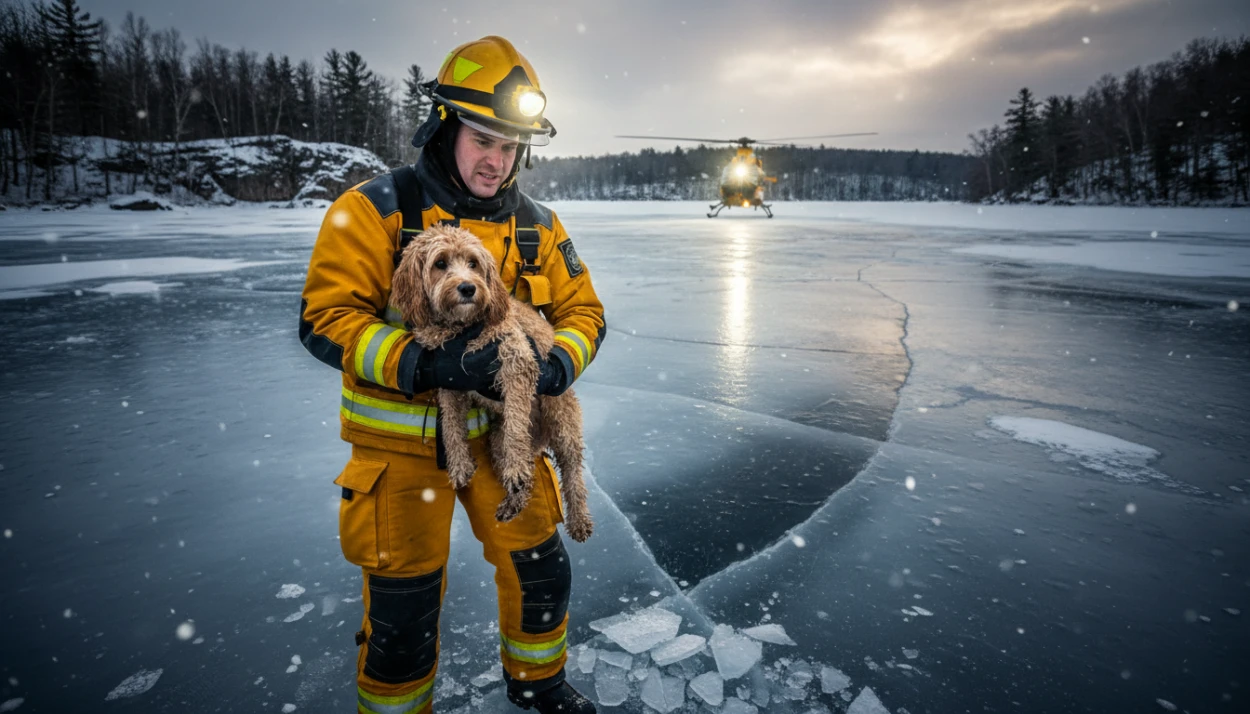Have you ever imagined your dog's dreams... Legs twitching and eyes rolling when they are sleeping?...Just like humans? If yes, so What is the dreaming process like for dogs? Does our dog dream about us? Could it be either their favourite food or toy? Or running on the beach? Or are they hunting/chasing something in their sleep? People have many questions. It is not possible to answer all these questions. But science has proven that even dogs dream during sleep.
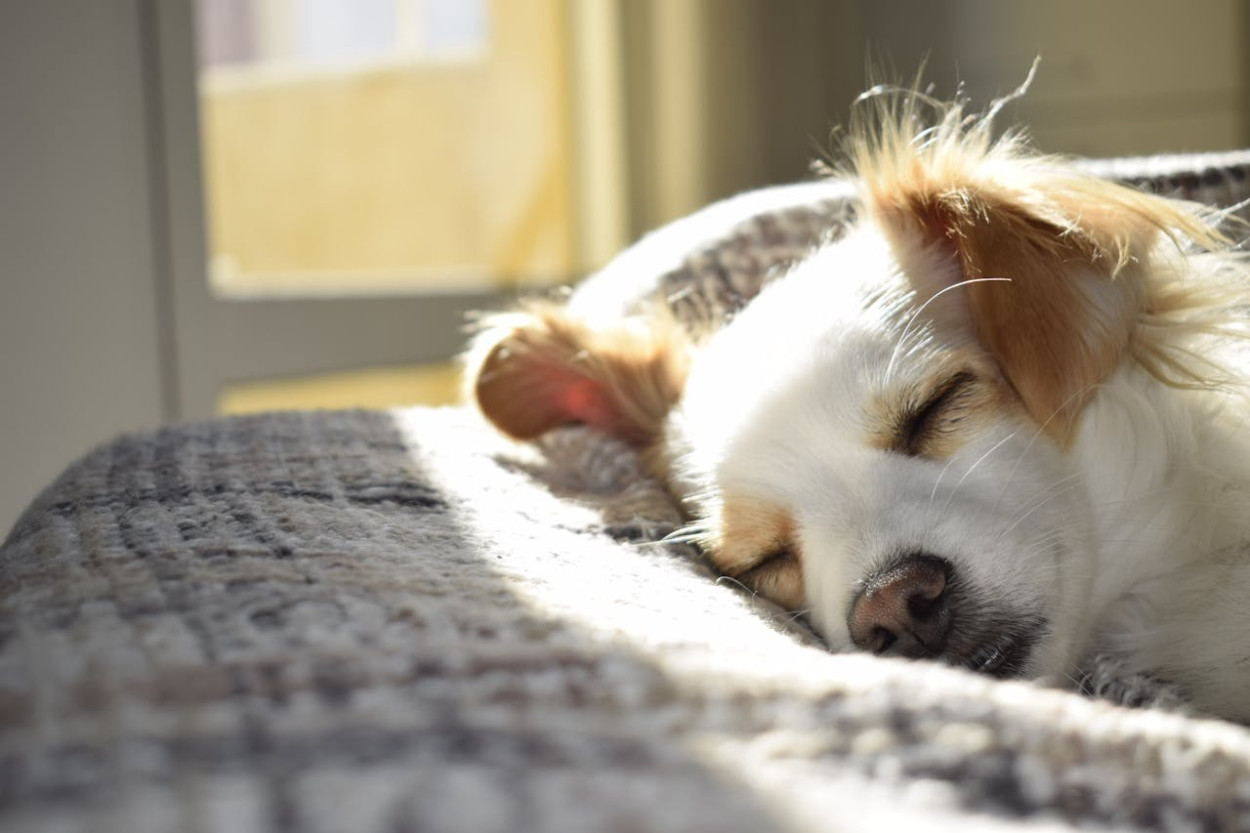
Do Dogs Dreams: What Science Says
According to the 2001 study conducted at MIT, many animals can remember and replay complex dreams while they are asleep.
Another 2016 research found that dogs who sleep more are happier than dogs who sleep less, so don't worry if you notice your dog napping a lot. Don't bother them either.
Another recent study from 2020 reported that "sleep may help strengthen memory in dogs".
Understanding Dog Sleep Patterns
Like humans, dogs and other animals enjoy a good sleep, and they go through several sleep cycles.There are periods of wakefulness, followed by REM (rapid eye movement) sleep and non-REM sleep. REM sleep is the period when the most memorable and clear dreams occur.
Scientists record the electrical activity of the brains of people and other animals using special equipment. And scientists found that the dogs' brains spent 44 percent of their time alert, 21 percent half-asleep, and 12 percent in REM sleep. They also spent 23 percent of their time in the deep phase of non-REM sleep.
One of the most famous experiments on these dreams was conducted on lab rats in 2001. The mice spent the day running through a maze, after which the scientists monitored the brain activity of the mice in the maze and compared it to the brain activity of the mice. What the mice found during REM sleep was that the same areas in the mice's brains lit up, suggesting that the mice were dreaming a maze. By comparing the data, the researchers could infer that the mice in the maze had dreamed themselves.
The researchers said at the time that the mice were "seeing" what they were dreaming about.
Do Dogs Have Nightmares?
Just like humans have bad dreams, dogs also have nightmares. As we all want the best for our pets, these nightmares are very difficult to watch. While dogs do experience dreams, they can also have nightmares.
Signs of a dog having a bad dream may include whimpering, twitching, or even barking while asleep.
Comforting your dog during these moments can help alleviate their distress. But if you want to wake up your dog to relax, just like you would wake up your child or a loved one when they have a nightmare. In this regard, waking the dog will not be without danger.
If your dog has a nightmare and you wake up to comfort him, just like humans it may take a minute for a dog to wake up from sleep to figure out where he is and who you are. In this situation dogs can react aggressively toward the person waking them, and it can be dangerous for children. That's why it is better to wait for the dog to wake up on its own.
What do dogs dream about?

There's no way for us to know what makes up our dogs' dreams, but we can guess.
Most of the dreams we see are related to the activities we do that day. Studies show that this phenomenon is found in rats and other mammals such as dogs and cats, who dream about the activity they were engaged in that day.
Where they may be chasing a favourite ball or eating a favourite food,or playing with other animals or toy. Dogs also have memory-related dreams where they may re-experience past events.
Does the breed affect a dog's dreams?
Every human being is different from each other, so their dreams and the duration of dreams are different from each other.
Scientists say that the duration of dreams varies between dog breeds. Small dogs have more frequent dreams than large dogs. But small dog breeds have shorter dreams in duration than large dog breeds, but large dog breeds have fewer but longer dreams.
For example, your Labrador retriever dreams of chasing tennis balls more than pugs. Age also plays a role, as puppies and older dogs may have different dream experiences.
Creating a comfortable sleeping environment for your dog is key to promoting healthy dreaming. Providing mental stimulation during the day through play, training, and social interactions can lead to richer dream experiences for your canine companion.
The Importance of Dreams for Dogs
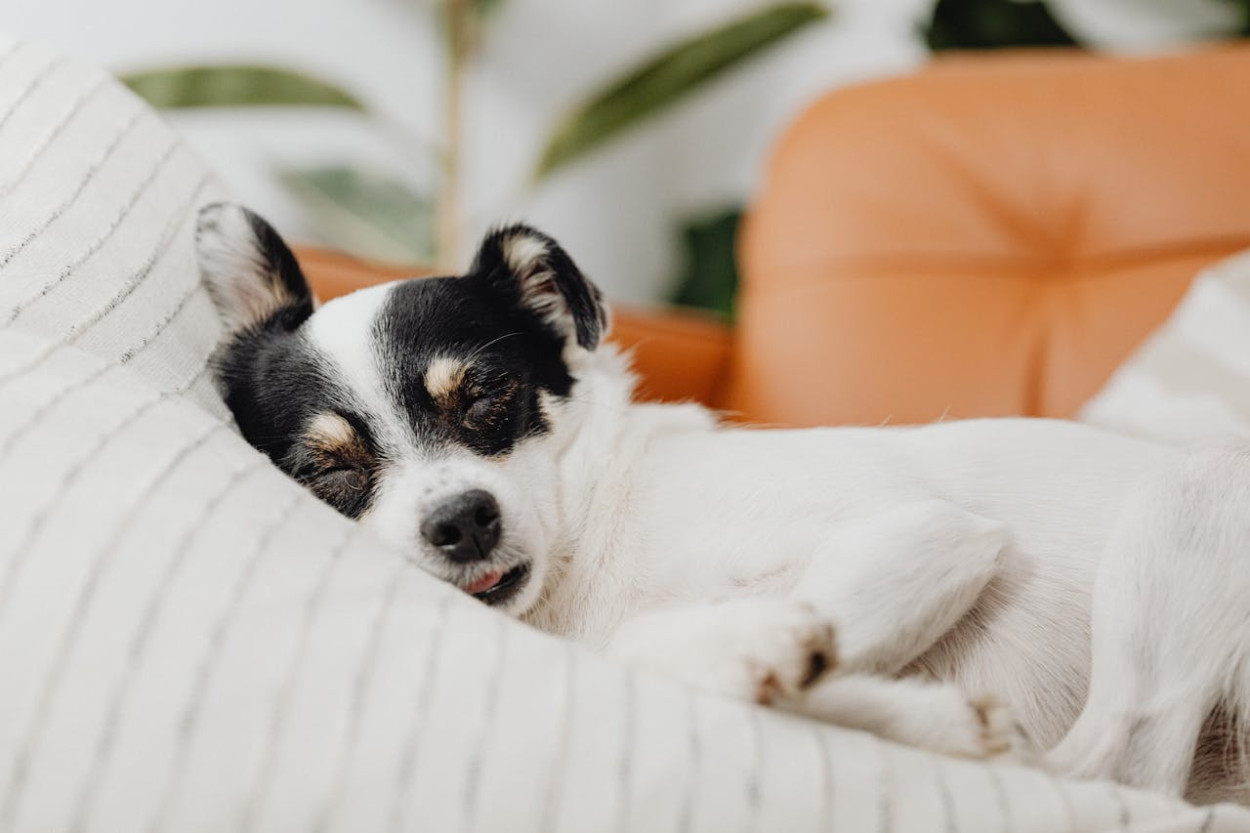
Dreaming plays a crucial role in a dog's mental health. It helps them process emotions, consolidate memories, and engage in cognitive exercises during sleep.
Dogs that get quality sleep and dream regularly tend to be more emotionally balanced.
Conclusion
Understanding what dogs dream about offers a glimpse into their inner world and enhances our bond with them.
Paying attention to their sleep patterns and ensuring they have peaceful dreams contributes to their overall well-being.
FAQs
1. Can dogs have nightmares?
Yes! Just like humans have bad dreams, dogs also have nightmares.
2. Do all dog breeds dream the same way?
No! Breed differences can impact dreaming patterns, with some breeds being more prone to vivid dreams than others. Age also plays a role, as puppies and older dogs may have different dream experiences.
3. How can I tell if my dog is dreaming?
You can tell if your dog is dreaming by observing muscle twitching, rapid eye movements, whimpering or barking sounds, paw movements mimicking running or play, and facial expressions during sleep.
4. Should I wake up my dog if they're having a bad dream?
Waking the dog will not be without danger. In this situation dogs can react aggressively toward the person waking them, and it can be dangerous for children. That's why it is better to wait for the dog to wake up on its own.
5. Can dreams affect a dog's behaviour when awake?
Dreams can influence a dog's behaviour by impacting emotional processing and memory consolidation. However, individual differences and other factors like training and environment also play important roles in a dog's overall behaviour.





